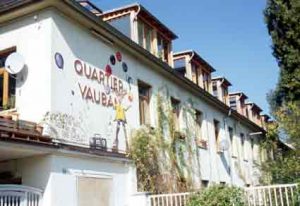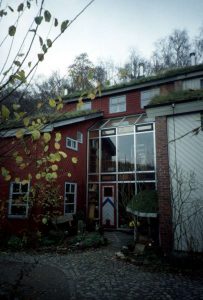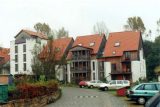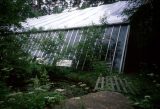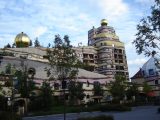On 4 July 2019, the Bonn City Council declared a climate emergency for Bonn. In doing so, Bonn joins other municipalities in affirming that climate protection must have the highest priority in municipal action. At the same time, the declaration of the climate emergency sends a strong signal to national and international legislation.
With this decision, the City Council is following two citizens' petitions signed by the Fridays for Future, Parents for Future and Klimawache Bonn initiatives, among others.
Lord Mayor Ashok Sridharan explains: "I think anything that is suitable for drawing the public's attention to the issue of climate protection is helpful. As a city, we are already very active in initiating and implementing what is possible here on the ground. We are also active internationally in various climate protection alliances. As President of the global city network for sustainability ICLEI, I am constantly campaigning for the issue to be pursued with vigour at local level. The motto continues to be: think globally, act locally. The declaration of a climate emergency for Bonn is a symbolic act in this sense, which must now be followed by action. The administration will submit concrete proposals in this regard."
With the adoption of the Bonn Energy Transition and Climate Protection Masterplan, the Integrated Climate Protection and Adaptation Concept and numerous subsequent measures, the city of Bonn has contributed to the reduction of greenhouse gases. Measured against the reference year 1990, per capita CO2 emissions in Bonn fell by 22 per cent by 2014. In order to increase this contribution, further efforts must be made in the future.
However, the possibilities for exerting influence at municipal level are largely dependent on the framework conditions at national and international level. A national climate protection law with specific requirements or comprehensive information campaigns - as called for in the application - could be instruments for this.
Source: City of Bonn press release, 05/07/2019
Keywords:
Stakeholders, Bonn, DE-News, Climate protection, Communities, News Blog NRW, Environmental policy, Ecology




